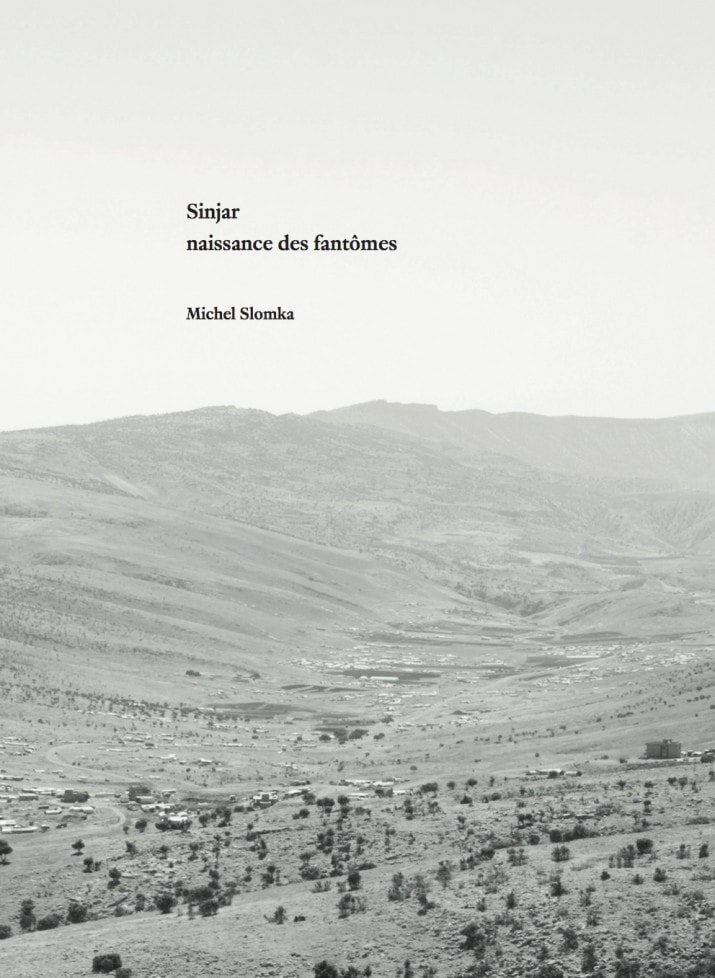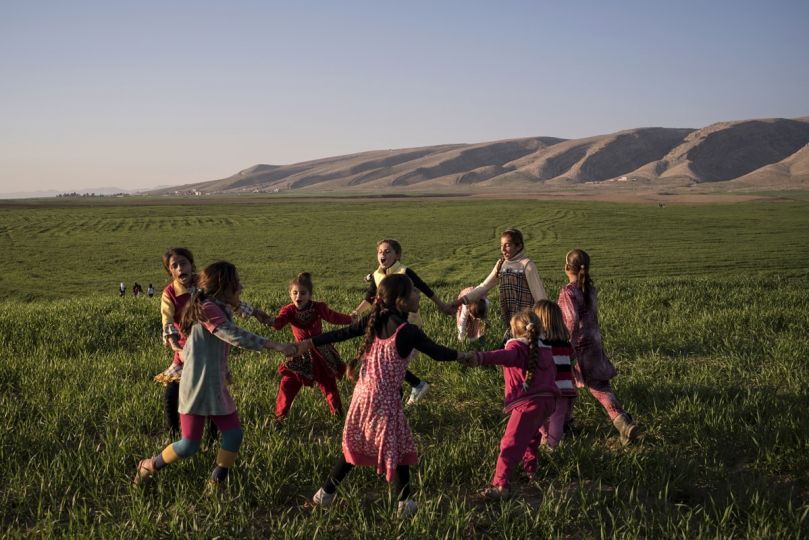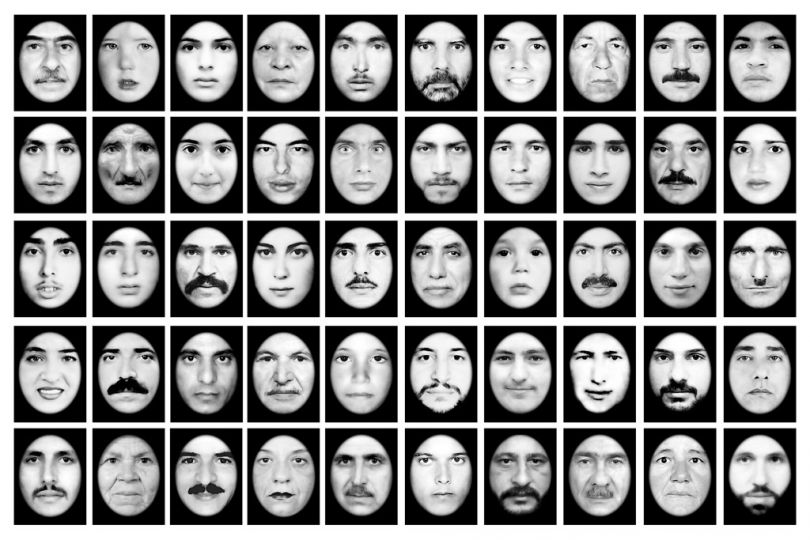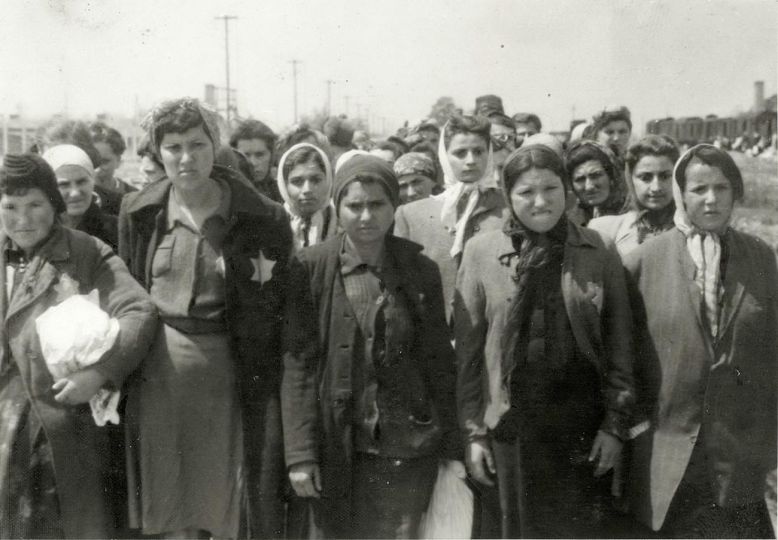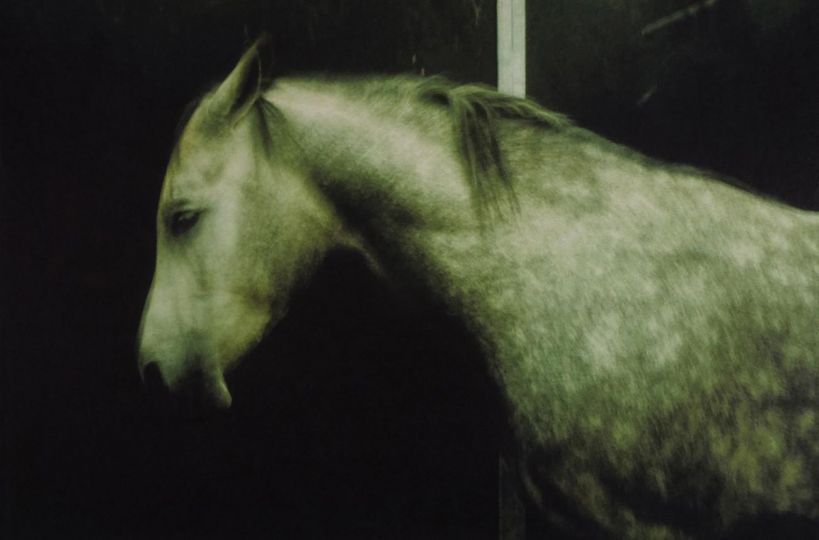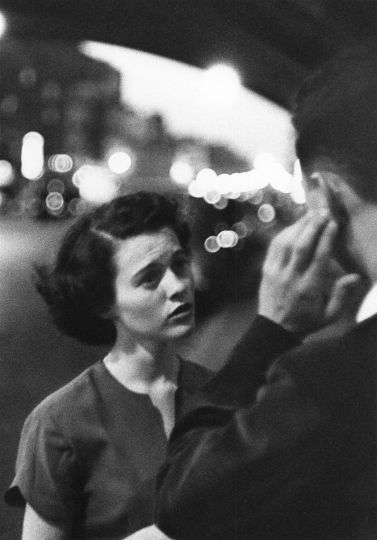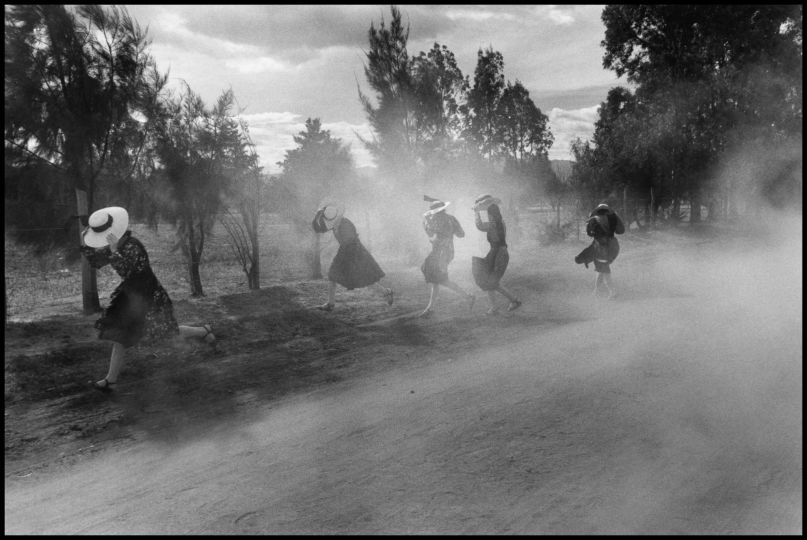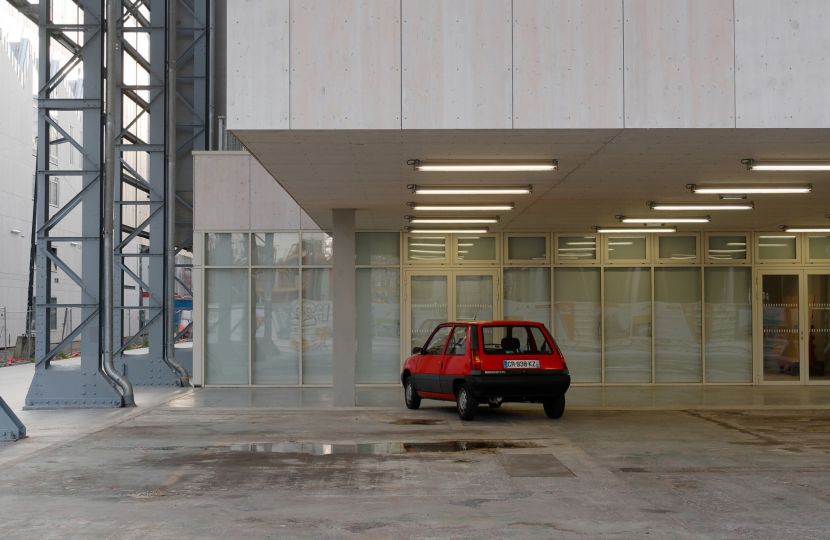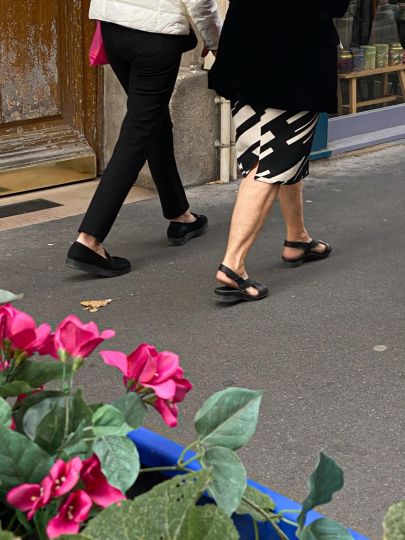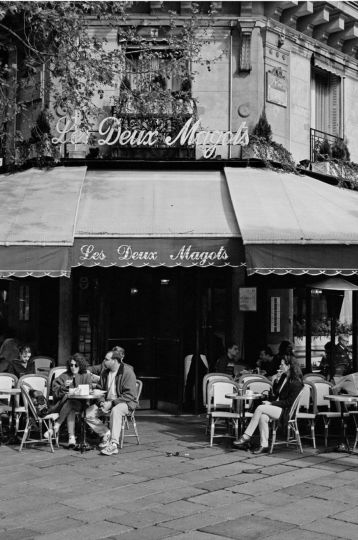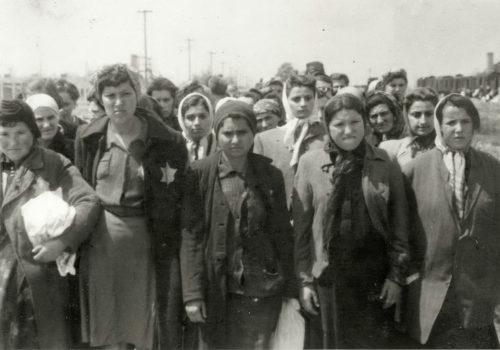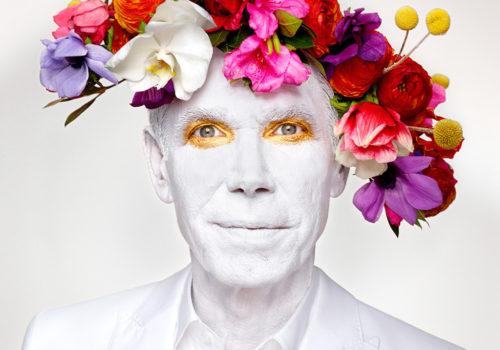Since 2011, Michel Slomka has documented the psychological and physical consequences of violence on individual victims of war crimes. Sinjar shows the ravages caused by war in Syria and Iraq and by the ethnic cleansing carried out by the Islamic State group in the regions it conquered in the spring and summer of 2014. The symbol of this “purification”, the Yazidis (a confessional minority of followers of a monotheism stemming from ancient Kurdish belief) were the targets of a genocidal project that challenged their millennial presence between the Tigris and the Euphrates. Three years after these events, thousands of Yazidis are dead, missing or still captives of the Islamic State in the last territories they control in Iraq and Syria. The victims of this annihilation project are the men and old people who fill the mass graves left by Daesh, the women and children have been used en masse as sex slaves and child soldiers.
Michel Slomka shows here the desolation that reigns on this murderous land. No battles, no artillery fire, a single photo of armed men. The rest, they are views, meetings, people in tears and prostrated, in a state of mute astonishment, naked landscapes, disturbing. He is particularly interested in the link that unites the individual and the place where he lives – or that he haunts. He is interested in the psychological sequels of people who survived the massacre and succeeded in escaping the self-proclaimed caliphate. He questions the community’s abilities to cope with the extreme violence that has shattered its reference points, to rebuild themselves, whereas today there is nothing left in the refugee camps but the painful suffering left behind by those who are absent. What path to take to heal the trauma, close the fracture and appease the voices of the ghosts?
Information
Charlotte Sometimes
Impasse Louis Ponsole – 30240 Le Grau-du-roi
October 17, 2017 to November 17, 2017

